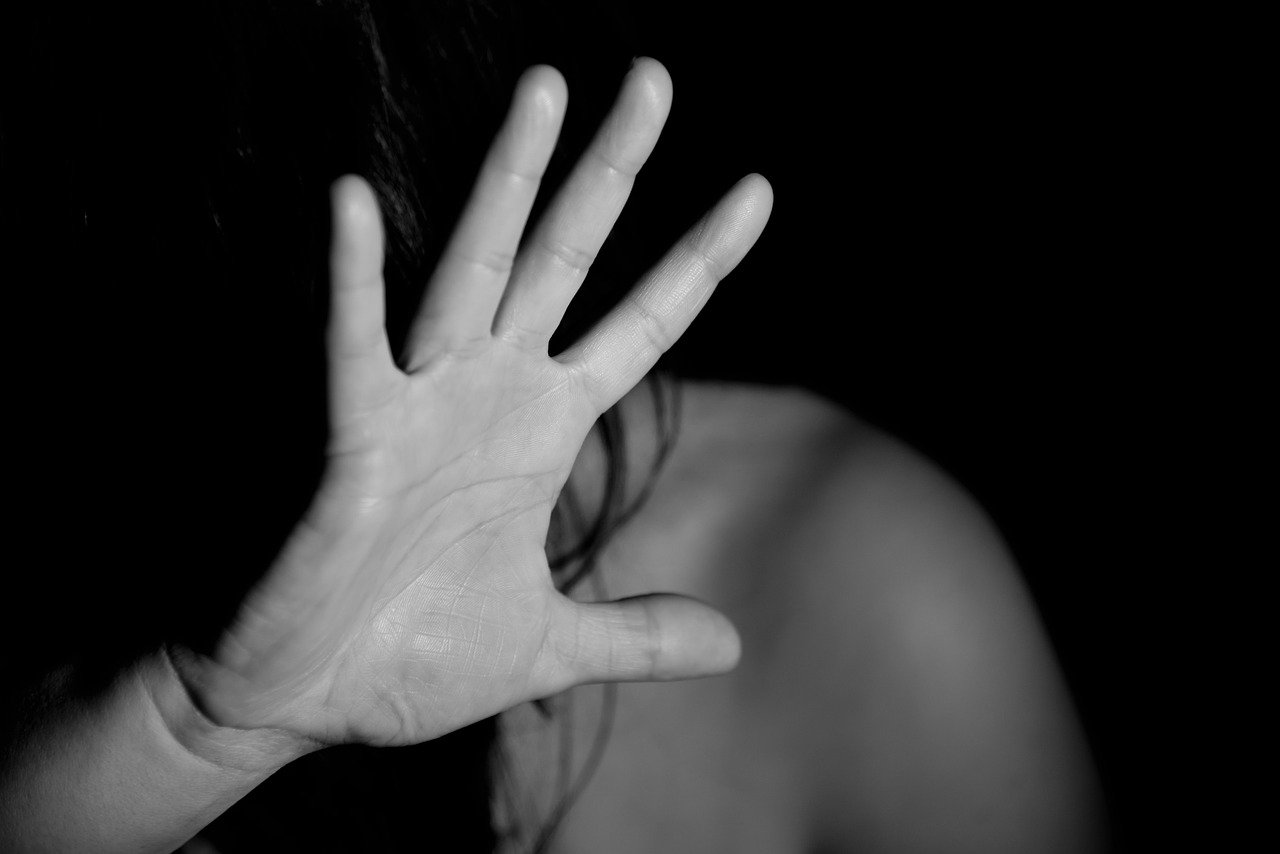

“If I’m not in on Friday, I might be dead,” were the words of Judith Nibbs, mother of five, who was killed in April 2014 in east London by her husband.
These chilling words were also the subheading of the latest Femicide Census report detailing the deaths of 1,425 women killed in the UK between 2009 and 2018.
The 10-year, nationwide report, released on the International Day for the Elimination of Violence Against Women, found that the number of women killed annually by men has stayed consistent throughout the decade. It has never dropped below 124 femicides per year.
With respect and in their memory. Femicide census 2009 -2018:#RememberHer #FemicideCensus10years pic.twitter.com/RmHNbofnGg
— Femicide Census (@FemicideCensus) November 25, 2020
Heather Harvey, research manager at charity Nia, said to Raven that the number of femicides over the last 10 years has not decreased, despite the clear patterns and trends in relationships.
“This is one of the most significant public policy failures of the decade and a breach of the State’s obligation to respect, protect and fulfil women’s human rights as the femicide census founders state,” said Harvey.
Harvey, who undertook the research and drew the report for the Femicide Census together with her colleagues, said violence against women and girls is a systemic issue, not a “tragic, isolated and unpredictable incidents”.
“Violence against women is rooted in what society tolerates, and indeed enables and expects, of male and female behaviour and roles. Unless we name and challenge these attitudes and behaviours directly, we cannot solve the problem”, said Harvey.
The report highlights that men kill women within a wider context of endemic sex discrimination and male violence against women and girls.
“Male violence against women is normalised and naturalised through the mainstreaming of pornography, fashion and beauty practices, arts and media, customs and traditions, and increasingly through new norms of performance and display of femininity and masculinity conveyed via social media.”
Chart by Andjela Milivojevic
According to data collected by this organisation, the fewest number of women were killed in 2016, with a total of 124. Meanwhile, as many as 168 women were killed in 2010.
Domestic Abuse Commissioner Nicole Jacobs, said to Yorkshire Post: “This report not only highlights the shockingly high number of women who are killed by men every year, but also evidences that there has been no sign of a decline in femicide over a decade-long period.”
In 68 per cent of cases, women are killed by a man with whom they have or have had an intimate relationship —a husband, partner, ex-partner, ex-husband and casual partner. The second largest number were killed in the context of son-mother domestic violence.
In the 59 per cent of analysed cases, victims were exposed to psychological and emotional violence, controlling behaviour and physical violence by their partners before the murder with some of these women suffering for years.
Why doesn’t she just leave? #FemicideCensus10years pic.twitter.com/xCG1z0qjVm
— Femicide Census (@FemicideCensus) November 25, 2020
Falling in line with global trends, victims in the UK rarely decide to report violence. In 23 per cent of cases murdered women reported violence to the police before the event.
The Femicide Census indicated that a quarter of women who were killed had reported earlier violence, which speaks to the failure of the police to use their preventive powers.
“Violence or other abuse had been reported to police in almost a quarter (202 cases, 23%) of the 888 intimate partner femicides, at the same time, current police super complaints highlight the police failure to use preventive powers in violence against women cases,”
Although there have been some changes over a 10-year period, the Femicide Census report said there is no evidence to suggest that there is a downward trend in the number of women killed each year.
Chart by Andjela Milivojevic
The highest percentage of murders occur on Fridays and weekends. These are days when partners spend more time together, the Femicide Census data shows.
December is also highlighted as one of the periods of the year when killings occur more often, especially during the holidays: Christmas Day (8 murders), followed by Christmas Eve (5), New Year’s Day (5) and Boxing Day (3). On the first day of the new year, 12 women were killed.
The report concludes that “there is little suggestion that any intervention over the past ten years has had a significant impact or even any impact at all on the number of women being killed by men.”
In September 2019, the government decided to appoint Nicole Jacobs as the UK’s first Domestic Abuse Commissioner with the task of improving the response to domestic abuse in the UK, championing victims and making recommendations on what more should be done to better protect victims and bring more offenders to justice.
(Top Image: Pixabay)